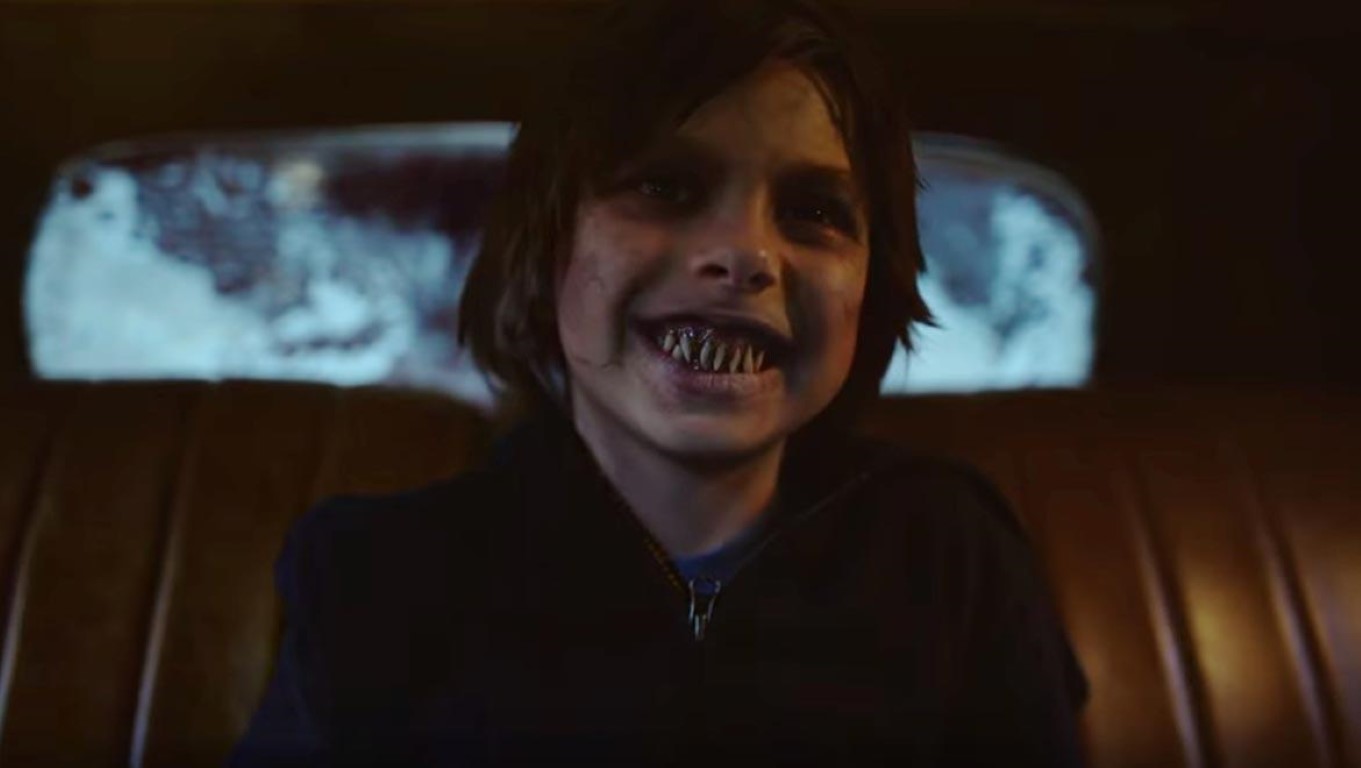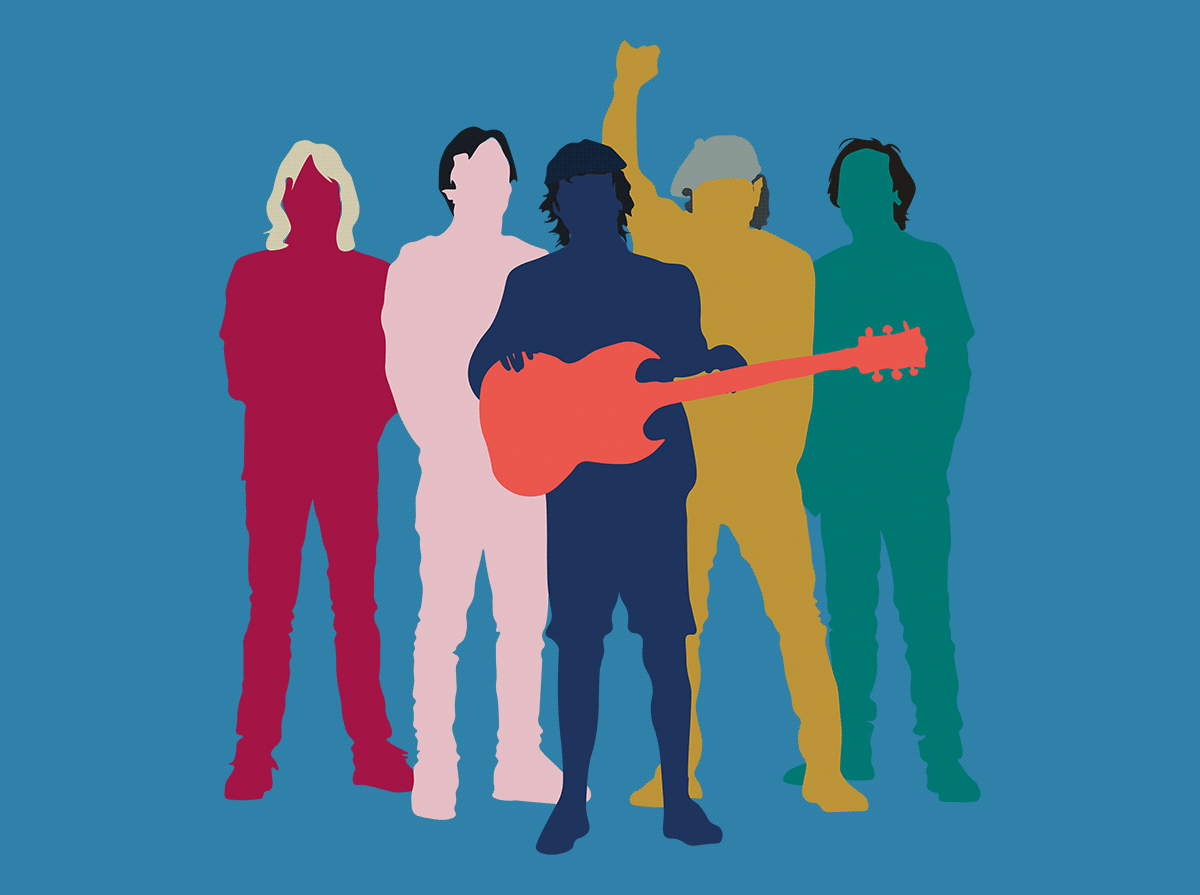
‘Doki Doki Literature Club’ game review
By Caroline Ho, Arts Editor
4.5/5
Warning: This is absolutely not your typical, lighthearted dating sim.
At first glance, Doki Doki Literature Club, created by Team Salvato, appears to be a standard high school romance visual novel. It features four girls with very different personalities presented as potential love interests, cutesy anime-style art and aesthetic, and simple minigames that influence the story’s direction. However, the game also contains some intensely dark and unsettling material. The game’s website includes a warning that it’s “not suitable for children or those who are easily disturbed,” but even with that cautionary message, prepare to be blown away by the psychological depth.
In DDLC, you play as a boy joining your high school’s literature club and meeting four other members: Sayori, your childhood best friend, who always tries to cheer up everyone else; Yuri, the quiet, mysterious book-lover; Natsuki, the youngest, with the cute-but-tough front; and club president Monika, who acts as your guide to the game. Gameplay primarily consists of writing poems by selecting words from a list. Depending on which words you choose, your poems will appeal to the distinct tastes of either Sayori, Yuri, or Natsuki, bringing you closer romantically to one of the three.
These elements probably sound like staples of dating sims, precisely because the game gets very meta. I can’t exaggerate the extent of this game’s self-awareness, which is rolled out with devastating brilliance over the course of the playthrough. Even if you haven’t played many visual novels (I hadn’t), if you know anything at all about the genre or its tropes you’ll recognize how completely and effectively DDLC subverts genre conventions.
Consequently, the characters in this game are all incredibly compelling. Although the girls’ personalities seem stock at first, through your poems the game draws you deeper into their heads and into the serious internal struggles they face. The game offers a brutally believable portrayal of mental health issues and the innocuous guises these issues often take—which is what makes DDLC so powerful, yet so psychologically horrifying.
Like most visual novels, the game has multiple endings depending on your choices, so with repeated runs you can immerse yourselves even more deeply into each character’s psyche and struggles. I’ll admit I’ve yet to play through every ending myself; as completely enthralling as this game is, a single run has so far been emotionally exhausting enough.
DDLC also imparts some genuinely profound ideas about the value of literature and expressing yourself through writing. Interspersed with the soul-crushing horror are some surprisingly encouraging tidbits about what poetry can mean for different readers and writers. You might walk away from this game feeling inspired to do some creative writing yourself, if you haven’t been consumed by utter despair by the end.
The music, however, is the aspect that truly makes the game. Composed by Dan Salvato (like almost every other component of DDLC), the bouncy main theme creates a vivacious atmosphere, and it ties the whole game together beautifully.
The game can be downloaded for free on its website (http://ddlc.moe), but a contribution of $10 or more also gets you access to the DDLC Fan Pack, with exclusive music and art, if you want more reminders of how deeply this game has permeated your consciousness.


